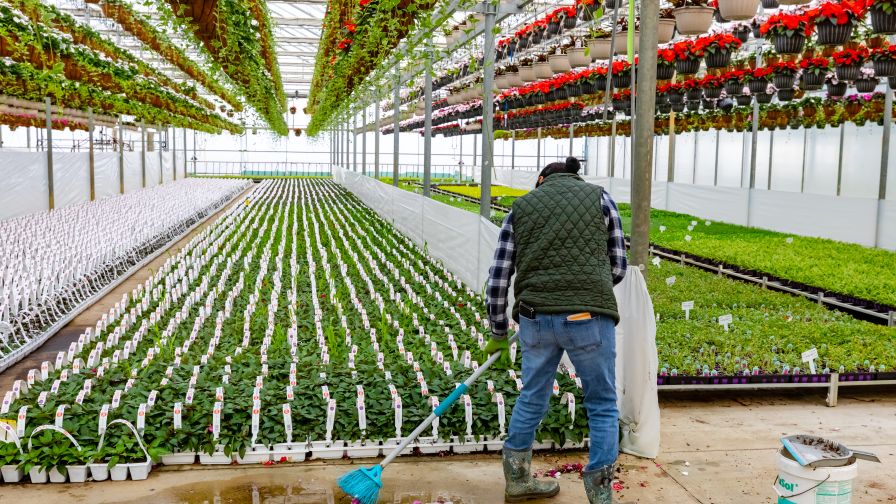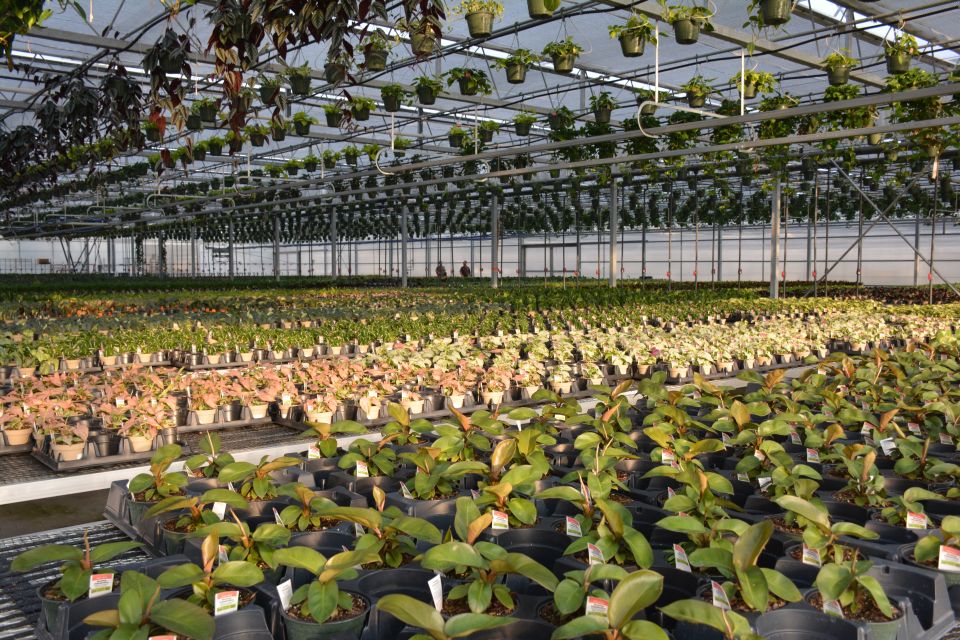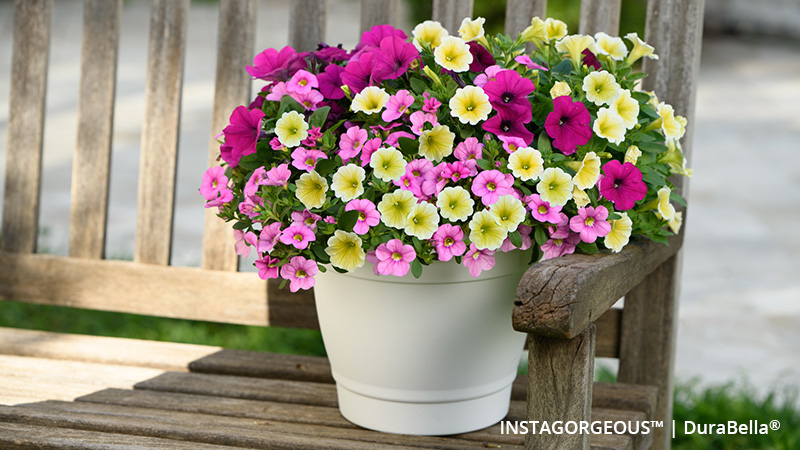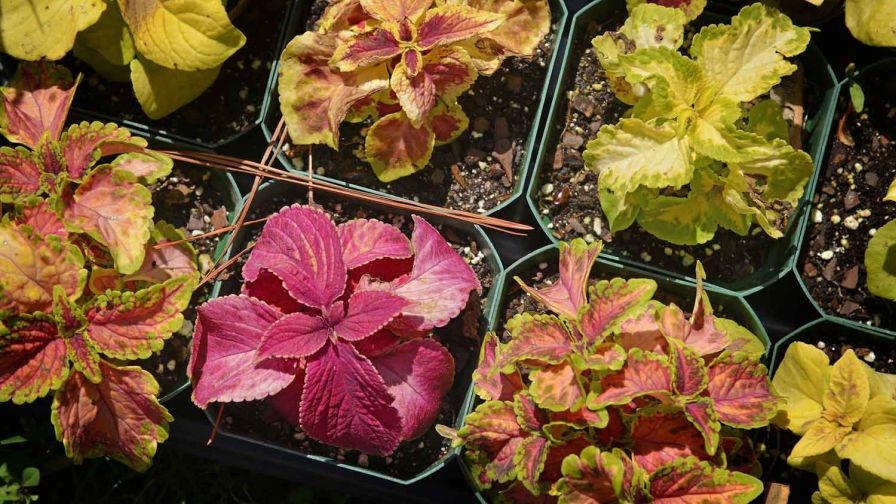Protect Your Greenhouse With a Risk-Relevant Insurance Plan

Photo: Hortica
Managing a greenhouse is no easy task. You grow delicate plants, serve discerning customers, and balance the needs of your dedicated employees. The day-to-day difficulties can often feel overwhelming. Insurance doesn’t have to be one of those difficulties.
Having an insurance plan that addresses your greenhouse’s risks — beyond the standard scenarios — can give you peace of mind.
Here are several notable risks and coverage options to help you protect what matters most.
Addressing Risks Around Your Greenhouse
Nobody wants to think about their climate control system failing or a fire destroying their crops. That’s why it’s important to plan now and build an insurance policy that protects you from the unexpected. It’s one of the few ways you can financially protect the future of your greenhouse.
Consider the following scenarios:
- Severe weather and fire: Natural disasters like storms causing wind damage, hail, or fire can cause significant harm to your crops, greenhouses, or other property. Commercial property insurance can help you cover the costs of repairs or rebuilding after an incident.
- Customer accidents and lawsuits: If a customer gets hurt on your property — or from your products or services — general liability insurance can help cover medical expenses and legal fees. In cases that exceed your liability limits, umbrella coverage may offer additional protection.
- Unexpected property disruptions: Unforeseen incidents like a deep freeze causing burst pipes can damage property and disrupt your operations. Commercial property insurance can provide coverage for property repairs, while business income insurance can help cover lost income if you’re unable to operate.
- Employee injuries: Injuries happen in the workplace. In your greenhouse, that often includes slips, trips, falls, and strains from lifting heavy objects. Workers’ compensation coverage can help cover medical expenses, lost wages, and rehabilitation costs for your employees.
- Cyberattacks: Cybercrime is a growing threat to businesses of all sizes. That means your greenhouse isn’t immune to cyberattacks like phishing or ransomware. Think of the personal data and financial information you store. That’s only grown as more greenhouses have offered online services. Cyber liability coverage can help you cover the costs related to a data breach.
- Company vehicles and accidents: If your business uses vehicles for transportation or delivery, commercial auto insurance can help cover the cost of damages and injuries resulting from accidents involving those vehicles.
- Allegations of professional misconduct: Claims related to sexual harassment, racial discrimination, wrongful termination, or unfair hiring practices can damage your business’s reputation and lead to legal costs. Employment practices liability insurance can help cover expenses and potential settlements in such situations.
Creating an Effective Insurance Plan
An insurer that specializes in your industry is more likely to understand the nuances of your greenhouse — and how to protect it. Here are a few potential benefits:
- Guidance on policy options: A specialized insurer can offer insights and tailored coverages to address the risks most relevant to your greenhouse. This includes explaining policy terms, coverage limits, deductibles, and exclusions. That way you can make the most informed decision for your greenhouse.
- Risk assessments and mitigation: Your insurer may have safety consultants willing to visit your business and perform a risk assessment. By understanding industry-specific risks, they can offer guidance to help you improve your safety program and help mitigate future losses.
- Claims support: When claims professionals handle claims like yours every day, they bring industry-specific knowledge and experience. The result? They can help you resolve your claim efficiently, getting you back to business as usual.
Plan for risk now, not later. By evaluating your greenhouse’s operations, you can work with your agent to build a policy that protects the future of your business. As always, it’s still best to talk with your local experts to develop a plan specific to your business. A little extra peace of mind can help you stay focused on growing your business.









